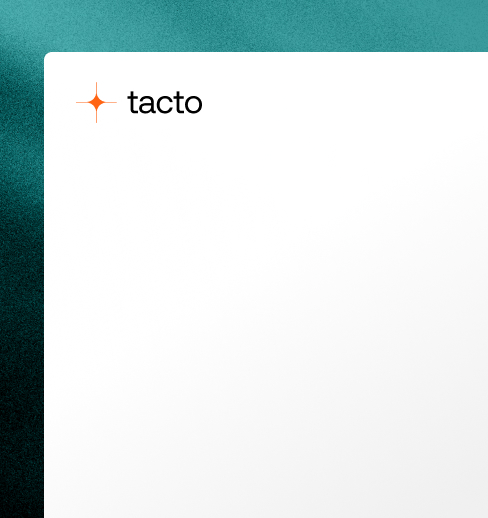Procurement Glossary
Contract negotiation: definition and important aspects for buyers
Contract negotiations determine the success of a business relationship and form the foundation for profitable cooperation between buyer and supplier. This structured guide provides you with the most important techniques and strategies for successful negotiations and shows you how to achieve optimal contract conditions as a buyer.
Contract negotiation in a nutshell:
Contract negotiations are structured discussions between buyers and suppliers to determine terms, prices and conditions for business cooperation. In Procurement , they form the basis for long-term supplier relationships and securing optimal procurement conditions.
Example: An automotive supplier negotiates a 3-year framework agreement for electronic components and achieves a price reduction of 12% in the first year, guaranteed delivery times of a maximum of 5 days and quarterly quality reviews with the supplier through skillful negotiation.
Contract negotiation: basics and strategies
Contract negotiation is an essential process in the business world where two or more parties come together to negotiate the terms of a commercial agreement. This complex process requires not only in-depth knowledge of the legal framework, but also strong communication skills and strategic acumen. Successful contract negotiations are based on careful preparation, a clear understanding of one's objectives and the ability to take into account the interests of all parties involved. This guide highlights the most important aspects of contract negotiation, from basic principles to advanced negotiation strategies and best practices.
What is contract negotiation?
Contract negotiation is a crucial process in Procurement, in which the conditions for cooperation between the company and supplier management are negotiated. The focus here is on aspects such as pricing, delivery times, quality standards, payment terms and services. The aim is to reach an agreement that meets the needs of both parties and forms the basis for a successful business relationship.
Core elements of contract negotiation
Significance for Procurement
Contract negotiations are essential in Procurement in order to secure optimal conditions and long-term benefits for the company. Professional negotiation can reduce costs, minimize risks and strengthen supplier relationships. In addition, well-negotiated contracts enable greater planning security and make a significant contribution to achieving corporate goals.
Contract negotiation: from traditional negotiation approaches to digital strategies
Building on the theoretical importance of contract negotiation as a central process in Procurement , its practical implementation is crucial to a company's success. Procurement organizationsare faced with the challenge of achieving optimal conditions, reducing costs and at the same time building stable supplier relationships. In an increasingly globalized and digital economy, it is essential to switch from the traditional negotiation approach to modern, data-driven methods in order to remain competitive.
Old: Traditional contract negotiation
Traditional approach: Traditional contract negotiation is based on face-to-face meetings and direct interactions between buyers and suppliers. Negotiations usually take place face-to-face or by telephone, supported by manual documentation and individual price analyses. Decisions are often based on historical data and the experience of those involved. This approach is time-consuming and prone to human error. There is also a lack of transparency and up-to-date market data, which can lead to less optimal contract conclusions. The limited use of technical tools makes it difficult to communicate efficiently and react quickly to market changes.
New: Digital contract negotiation
Digital negotiation: Modern contract negotiation relies on digital technologies and data-based strategies to make negotiations more efficient and effective. By using e-negotiation platforms and AI-supported analysis tools, buyers can use extensive market and supplier data in real time. Automated processes enable offers to be compared quickly, negotiation scenarios to be simulated and negotiation steps to be tracked transparently. The integration of big data and advanced analytics leads to more informed decisions and better negotiation results. In addition, digital collaboration promotes closer and more flexible cooperation with supplier management, which contributes to more sustainable business relationships.
Practical example: Automotive industry
A leading automotive manufacturer implemented a digital negotiation platform to revolutionize its contract negotiations with suppliers. Through the use of AI-supported market analysisand real-time data access, the company was able to reduce negotiation time by 40 %. The improved data situation led to average cost savings of 7% per contract. Supplier communication also improved significantly, leading to a 15% reduction in delivery delays. Overall, the manufacturer achieved annual savings of over 30 million euros and strengthened its position in a highly competitive market.
Conclusion on contract negotiations
Successful contract negotiations in Procurement are based on a balanced mix of strategic preparation, a partnership approach and a clear focus on objectives. The win-win approach not only enables short-term cost savings, but also creates the basis for sustainable supplier relationships and innovation potential. Both the professional approach and the consideration of future trends such as digitalization and sustainability are crucial for long-term success.





.png)
.png)
%20%E2%80%93%20Jakob%2C%20Ines.png)
%20%E2%80%93%20Jan%2C%20Jacob.png)
.png)
.png)


.png)
